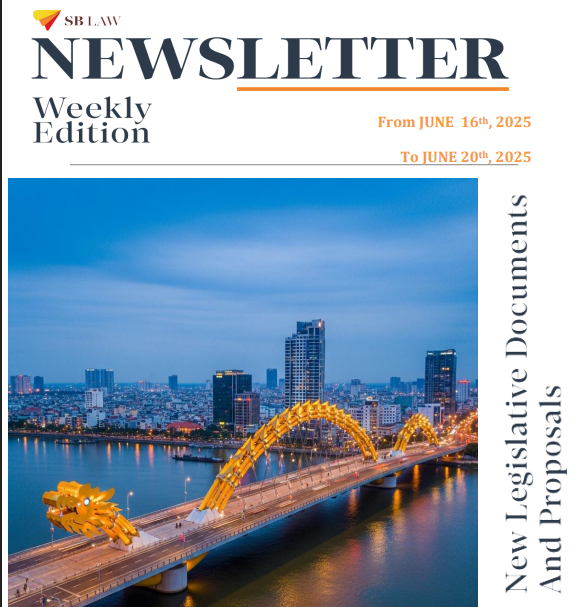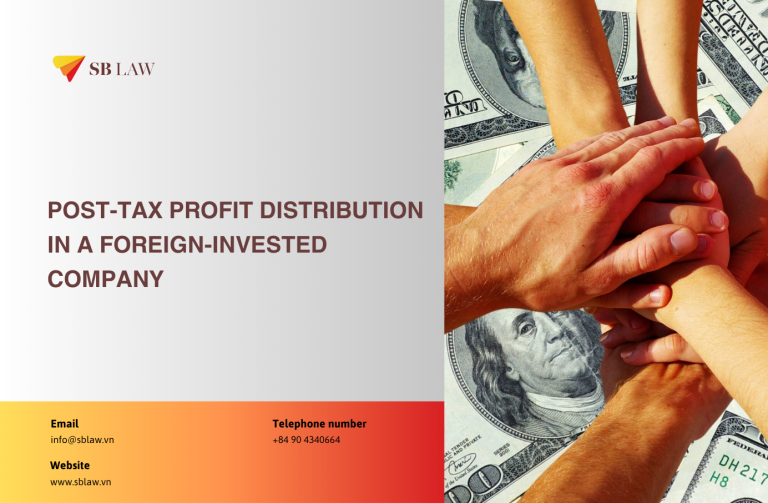The National Financial Supervisory Commission said on Monday that price management policies are the key factor for curbing inflation this year while impacts of other macro elements would not significant. According to the commission’s macro-economic report released on Monday, inflation rose 2.6 percent in the first two months of this year.
However, the commission said that this figure is not a threat to the government’s target to curb inflation below 6.8 percent this year. The commission in this report commented that demand-pull inflation has caused little impact on inflation this year as total demand remains weak while monetary factor is causing certain pressure on inflation. Cost-push inflation, which is caused by rising input and production costs, is not a worrying sign as goods prices are expected to stay stable in 2013.Therefore, Vietnam should concentrate on price management to control inflation. Especially in early months of this year, price adjustment must be timed reasonably and suitable to developments of the local economy, the report said. Data of the general Statistical Office showed that material and fuel price index for production rose 1.12 percent in the fourth quarter of 2012 after retreating 0.17 percent in the previous quarter. Therefore, material and fuel prices have seen a mild uptrend. The world’s food prices are expected to increase but Vietnam, as a rice exporting country, will suffer litter impact from this problem. Monetary policies will not really influence inflation as well if the government has measures to control money supply and total demand of the economy. Given these explanations, the commission said that the key factor of inflation control is the price management policy, especially in electricity, oil and gas sectors. If dong devaluates by 3 percent, the nation’s CPI (consumer price index) will rise 0.3-0.4 percent. Meanwhile, the CPI will increase by around 0.4 percent given a 10 percent rise in electricity prices and by 0.1-0.15 percent due to a 5 percent increase in gasoline prices. If the three factors are adjusted at the same time, the CPI will move up around 0.8-1 percent. The central bank recently has announced to not devaluate the dong while stabilising foreign exchange rate to prevent impacts of the monetary market on inflation. Besides, the government has yet to approve gasoline price hike and decided to increase subsidy from the price stabilisation fund to avoid domino effects on inflation. The commission urged cooperation among managing agencies to create a price stabilisation package including road maps for electricity, gasoline and public service price hikes to secure reasonable allocation of price increases. These agencies should avoid increasing prices in months with seasonal high CPI or in sensitive time that may boost up expected inflation.
Source: Saigon Times Daily




